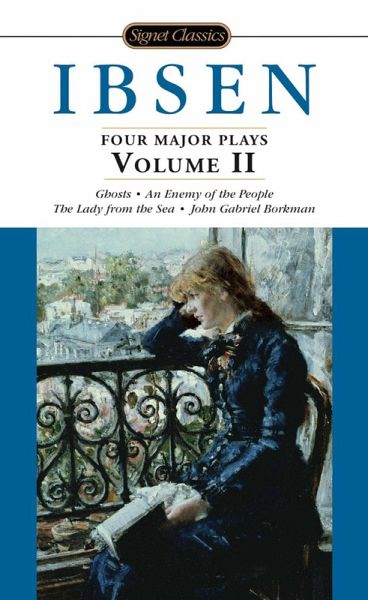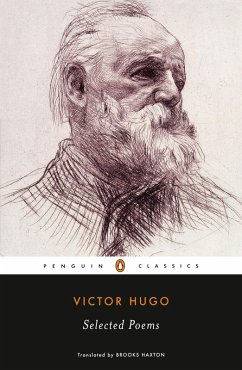
Four Major Plays, Volume II (eBook, ePUB)
Versandkostenfrei!
Sofort per Download lieferbar
5,99 €
inkl. MwSt.
Weitere Ausgaben:

PAYBACK Punkte
3 °P sammeln!
The foremost dramatist of his age, Ibsen changed theatre forever with his realistic dialogue and depiction of contemporary social problems. Here are four of his greatest works: Ghosts, An Enemy of the People, The Lady From the Sea, and John Gabriel Borkman.
Dieser Download kann aus rechtlichen Gründen nur mit Rechnungsadresse in A, B, BG, CY, CZ, D, DK, EW, E, FIN, F, GR, HR, H, IRL, I, LT, L, LR, M, NL, PL, P, R, S, SLO, SK ausgeliefert werden.














